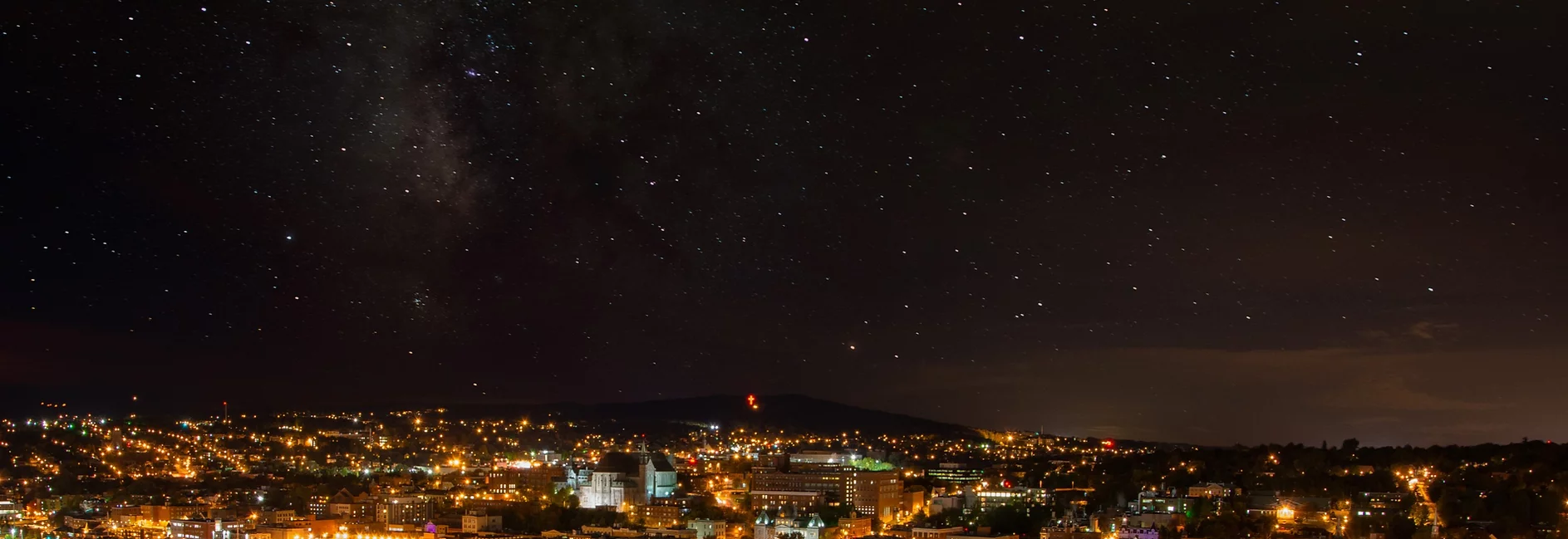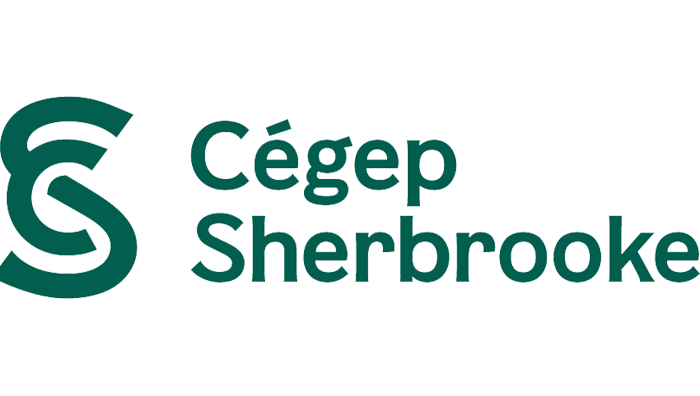Towards the First Urban Oasis of Starlit Skies Around the Parc du Mont-Bellevue's Nature Reserve in Sherbrooke
Combating light pollution

This important multidisciplinary educational and societal project mobilized around twenty college and three university students, as well as six professors from the Cégep de Sherbrooke, the Université de Sherbrooke and Bishop’s University, around a project to create a starry sky oasis in the heart of Sherbrooke. Partners from Hydro-Sherbrooke, the Astrolab du Mont-Mégantic and a street lighting company were also involved in this educational project, which had a concrete impact on the local community.
This project included field data collection to make an inventory of the lighting in the targeted area, mapping of the natural light of the starry sky, development of different lighting conversion plans to reduce light pollution, awareness raising of residents and shopkeepers and engagement in the lighting conversion process and accreditation procedures with the International Dark Sky Association.
This project has had major impacts on the participating students: concrete learning of the scientific process and interdisciplinary work, inter-university-college mentoring, linking college students with high-level university researchers, community involvement as an agent of change. Of note, two students who have participated in this project over the past three years have won prestigious $100,000 Loran scholarships to pursue university studies in Canada (Amar Farkouh and Julien-Pierre Houle).
To find out more about the oasis of starlit skies Project in Sherbrooke, visit its website.
Project team
Norman O'Neill

Professeur to Département de géomatique appliquée
Faculté des lettres et sciences humaines, Université de Sherbrooke
Jean-François Comeau

Directeur adjoint
Centre universitaire de formation en environnement et développement durable, Université de Sherbrooke
This project was made possible thanks to $49 834 of PRESE financial support, as part of the 2019 call for research proposals, and $50 000 as part of the 2020 call for research proposals.

Learning with YOU

